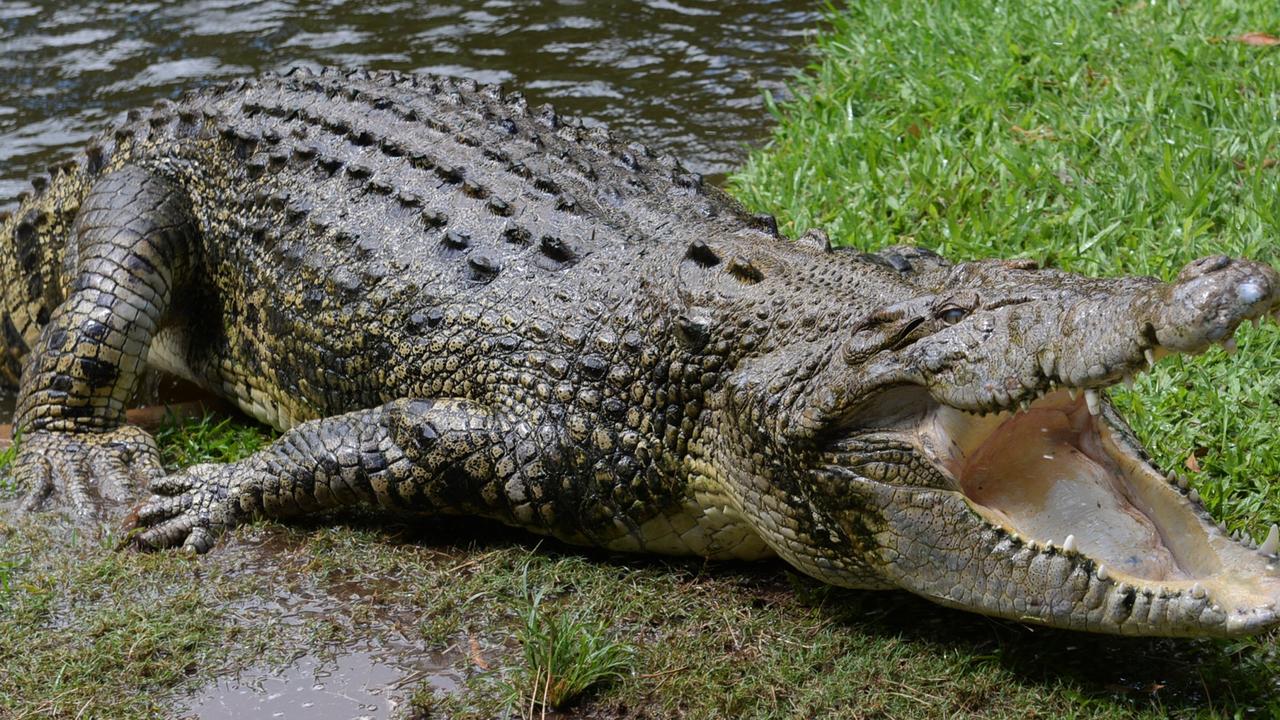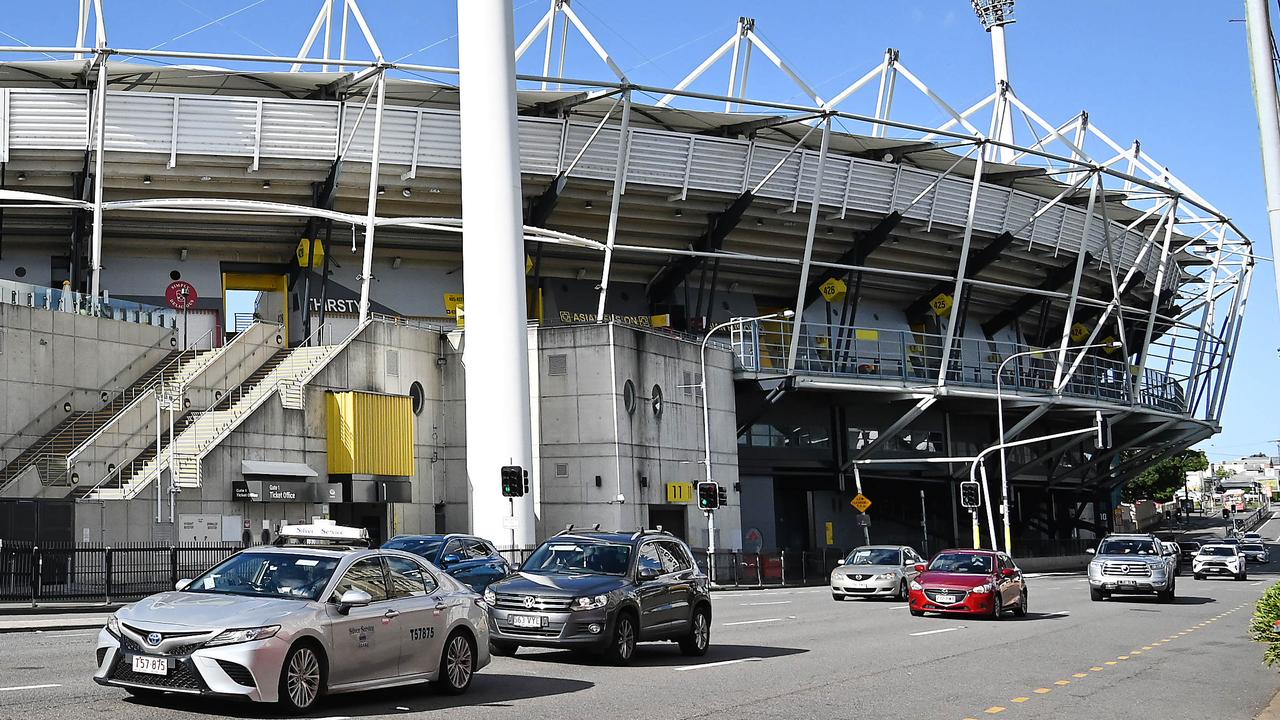James Magnussen column: USA trash talk is the grenade Olympic swimming needs
The US has been talking a big game, but this might be Australia’s best chance in years to stamp itself as a swimming superpower. James Magnussen identifies how the Aussies can prevail.
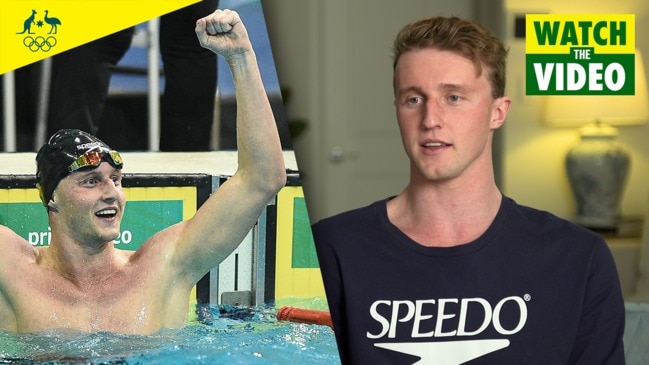
Olympics
Don't miss out on the headlines from Olympics. Followed categories will be added to My News.
“The US women ... can win every single individual gold.”
With that statement at the US Olympic trials, breaststroke queen Lilly King pulled the pin and threw a grenade into the dead centre of the Tokyo Olympic swimming pool.
How good! It’s the type of trash talk we haven’t seen since Gary Hall Jr in 2000 when he said the US would “smash the Australians like guitars”.
Confidence? Arrogance? It’s a fine line to tread (trust me I know!).
This is the shot in the arm swimming needed leading into the games.
Not only has King put a target on the back of the US swimming team for the whole world, she has reignited the greatest rivalry ever witnessed in world swimming — Australia v US. The US has experienced a dynasty in the pool, churning out names including Michael Phelps, Ryan Lochte, Missy Franklin and Katie Ledecky.
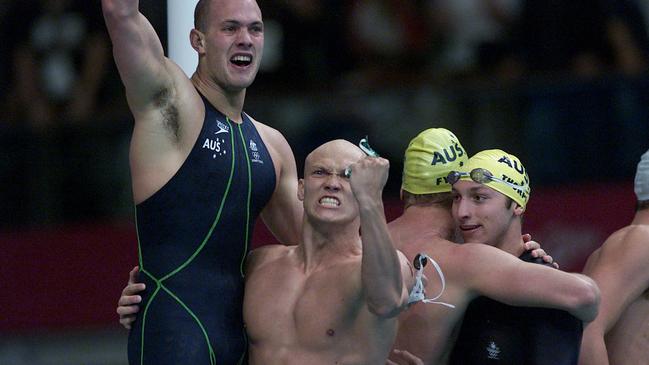
But for the first time in well over a decade, Australia has the talent and the depth to go head-to-head with the US on the medal tally.
Cast your mind back to Sydney 2000, just about every race in the pool was the US and Australia fighting for the gold medals with other nations a long way from both powerhouses on the medal tally.
NO LONGER A TWO-HORSE RACE
Since that golden era of Australian swimming the pool has changed drastically. Talented swimmers are challenging for gold from every corner of the planet. Swimming has gone from a two-horse race to being a truly international sport. This makes King’s comments all the more brash.
But after the results at Olympic trials around the world, the Tokyo Olympics look like seeing Australia and the US battle once more for top position.
Team USA will be spearheaded by Caleb Dressel, Ledecky and the protagonist King. There is no doubting this is an impressive line-up, but it certainly doesn’t instil the fear of Phelps, Lochte or Franklin.
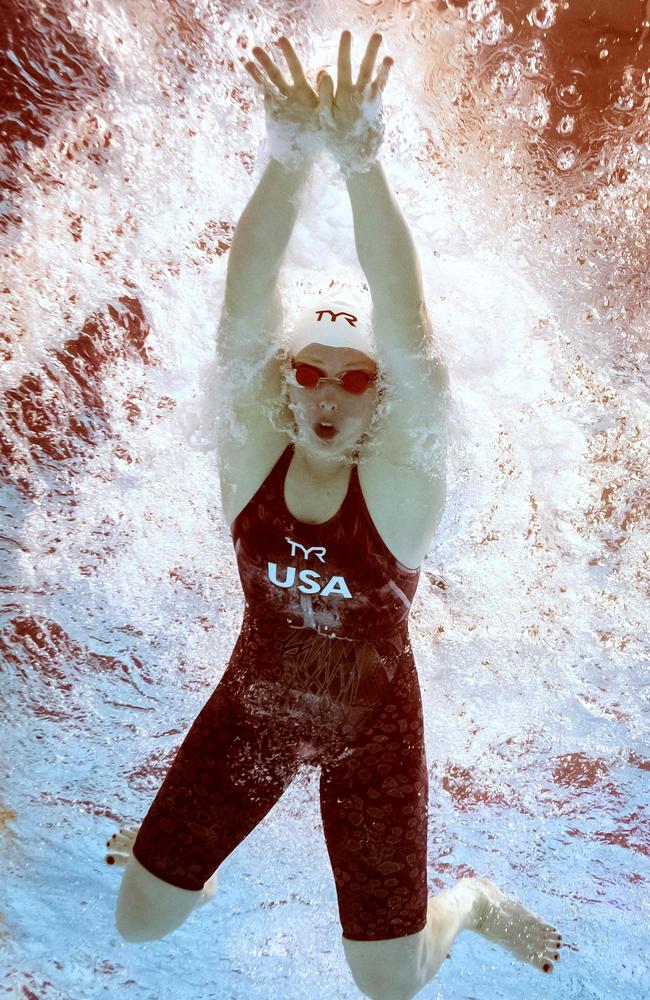
Beyond that, the depth in the US team is shallower than we have seen in years.
Their relay teams are entered on times seconds slower than Australia in some events. That’s unheard of.
Australia will be lead by Ariarne Titmus, Kaylee McKeown and Emma McKeon, three rising superstars who are in the form of their lives.
Each of them has huge upside at these games with the potential to improve on their trial results and challenge for multiple golds.
These three will have caused the US coaches sleepless nights in the lead up to these Games.
Moreover, the depth in the Australian team is highlighted by our relay teams. We are a genuine chance of winning all three relays on the women’s side of the program as well as the men’s 4x 200m free relay.
SO HOW CAN AUSTRALIA WIN?
How do we win the battle of the pool? For mine, with only one day to go until the swimming kicks off, there are two questions to be answered which will decide which nation comes out on top.
First, how will the Australian coaching staff get their swimmers to peak for the second time in as many months?
This is the first time Australia has mirrored the US and held their Olympic trials less than six weeks out from the Games. Why have we only just adopted the formula that has seen the US dominate for two decades? Your guess is as good as mine.
Imagine footballers playing a major semi-final in March and then waiting until August to play the grand final. Sounds crazy right? That is what we have been doing in Australian Swimming for years.
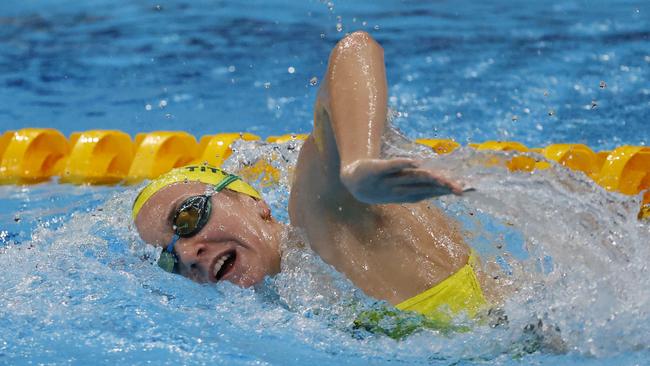
Finally, common sense has prevailed and we held this year’s trials close to the Games.
What our Australian coaching staff need to do now is make sure our swimmers have managed their training loads correctly and are ready to peak again in Tokyo. If not go even faster than trials.
The US has perfected this art and will back itself to the hills in this department.
The second question to be answered; how will the swimmers handle the distractions of an Olympic Games?
EVERYTHING CHANGES AT AN OLYMPICS
When the Australian swim team heads to a world championship, we stay in five-star hotels, eat from a buffet prepared with input from team dieticians and the most walking we do is from our room to the elevator.
The only time we see our competitors is when we are at the pool or in the marshalling area.
The Olympics is whole different ball game.
The swimmers will be sleeping in tiny rooms on cardboard beds. They will have a huge food hall with international cuisines to navigate. They will need to walk up to 4km a day between their residence, the food hall, the bus depot and the venues. They will see their competitors daily in these same locations.
On top of this, add the ever-present distraction of Covid-19 and you have yourself an environment that is completely out of your control.
This Australian team, while supremely talented, is filled with youth. How the leadership group and coaching staff manage these distractions will have a huge effect on the results in the water.
If Australia is able to nail these two factors, this will be the most exciting week of swimming we have seen since Sydney 2000.
Will Lilly King’s predictions come to fruition? I don’t think so.
James Magnussen, two-time world champion freestyler, Olympics medallist, and co-founder of Habitual Equipment



